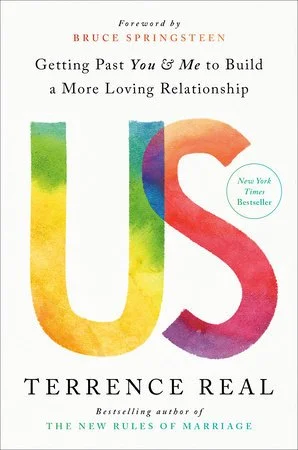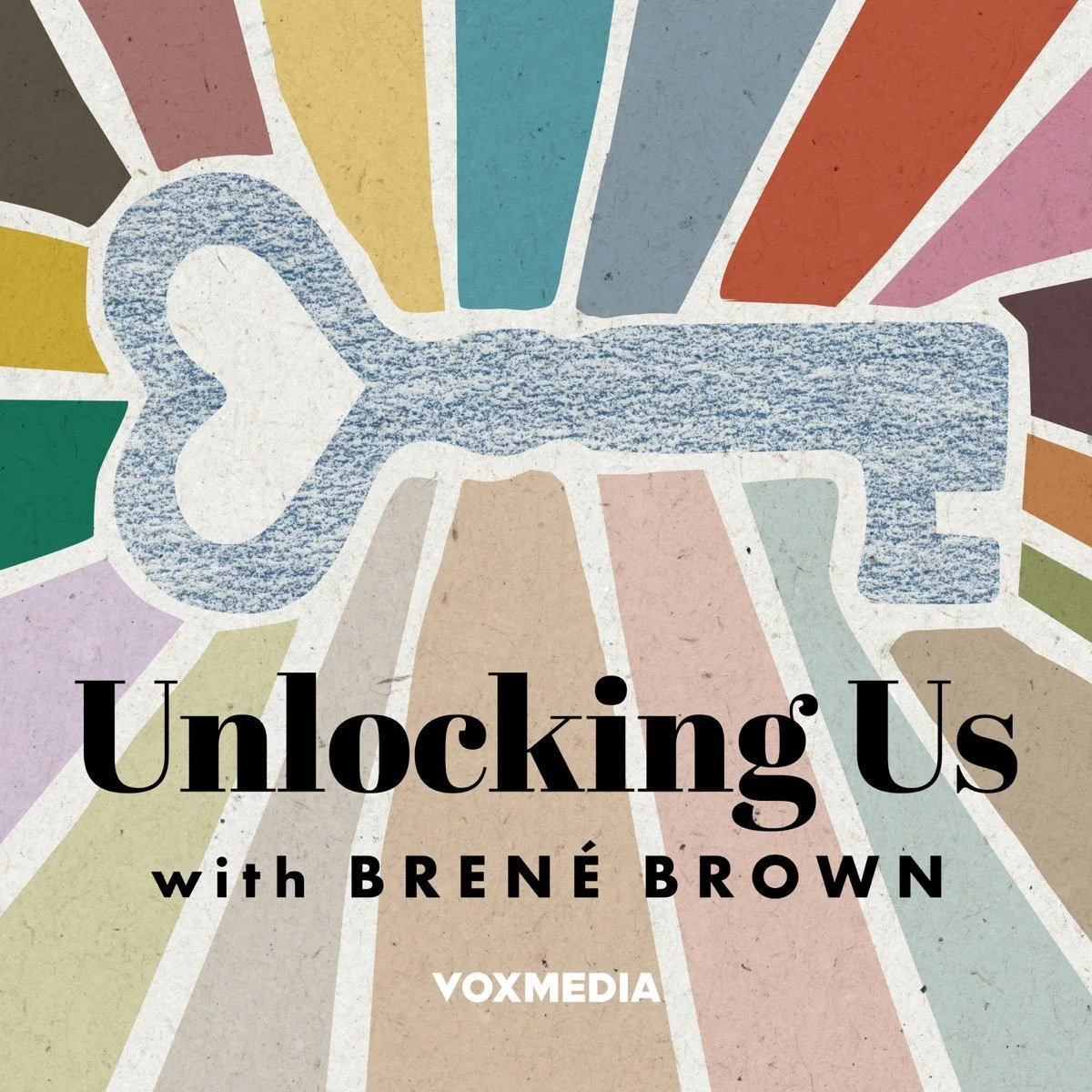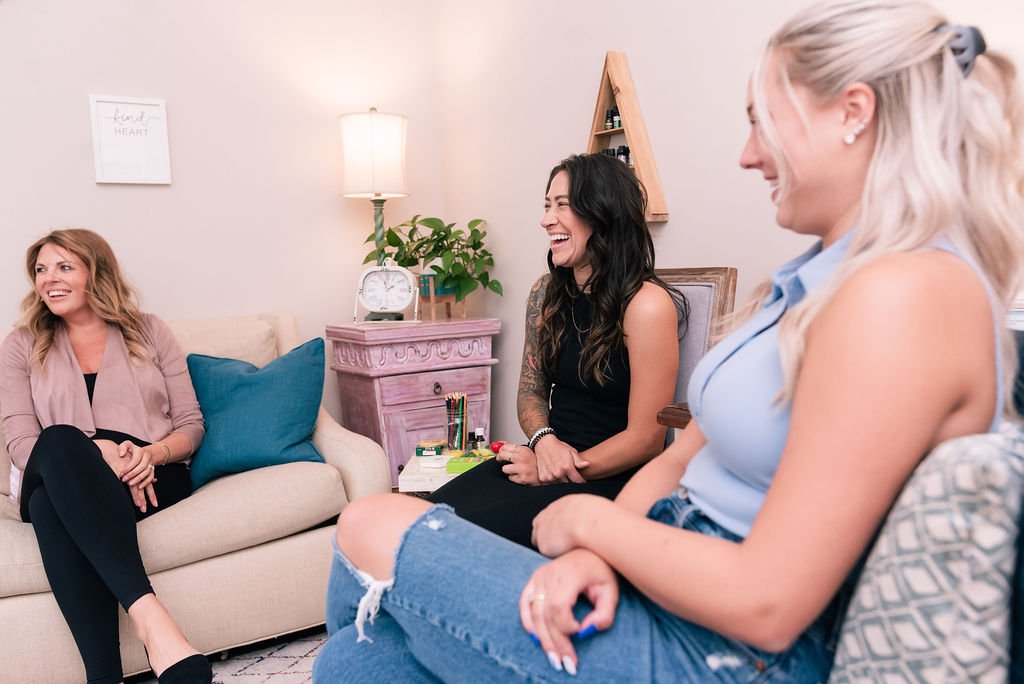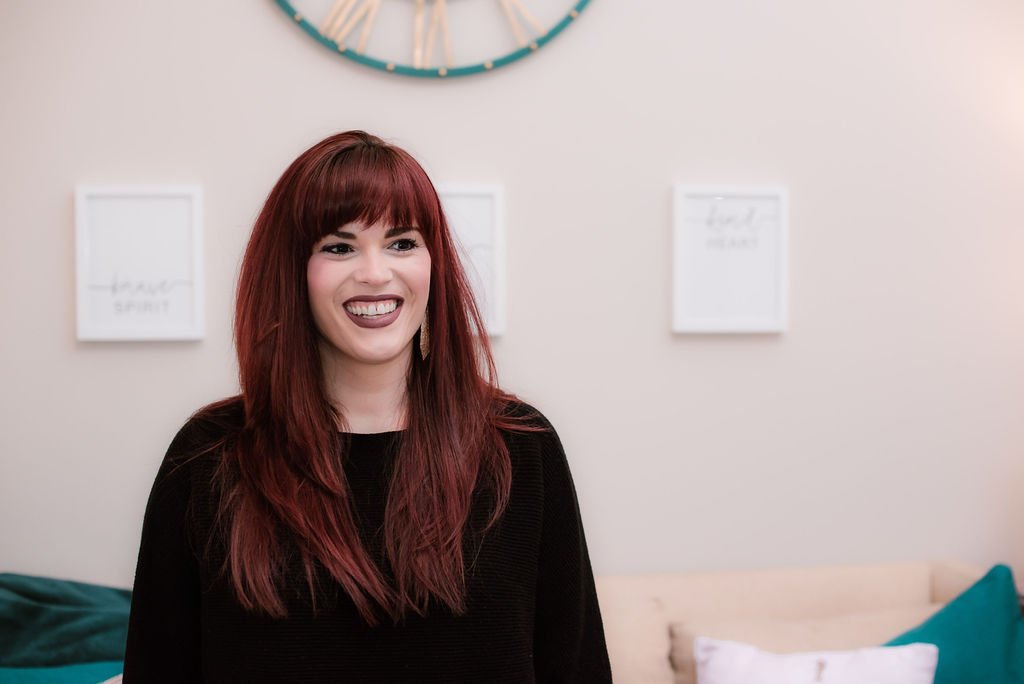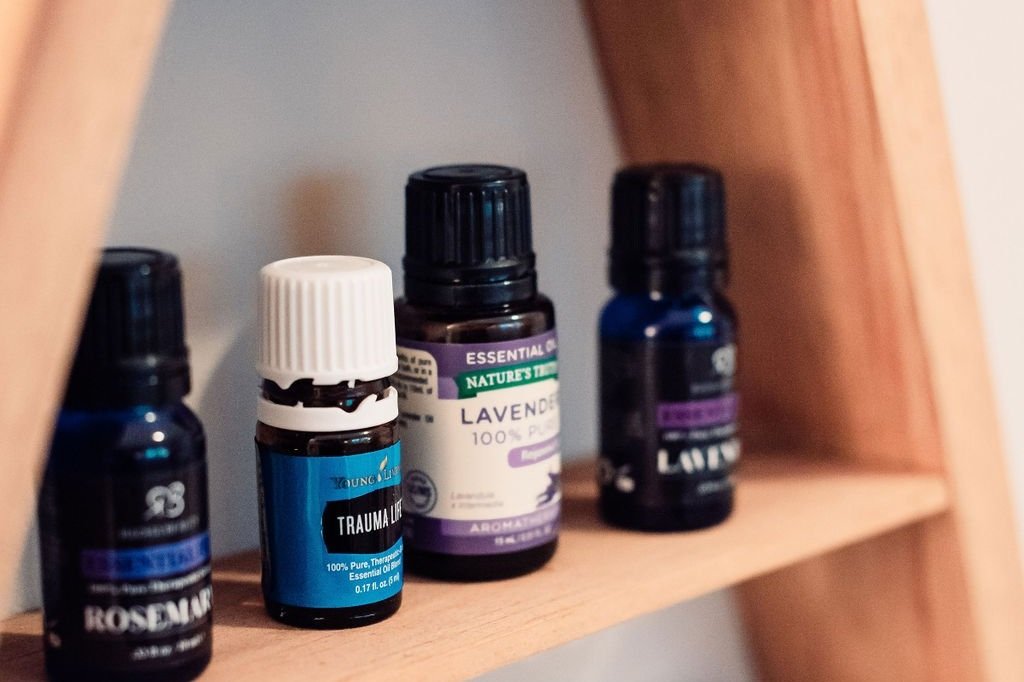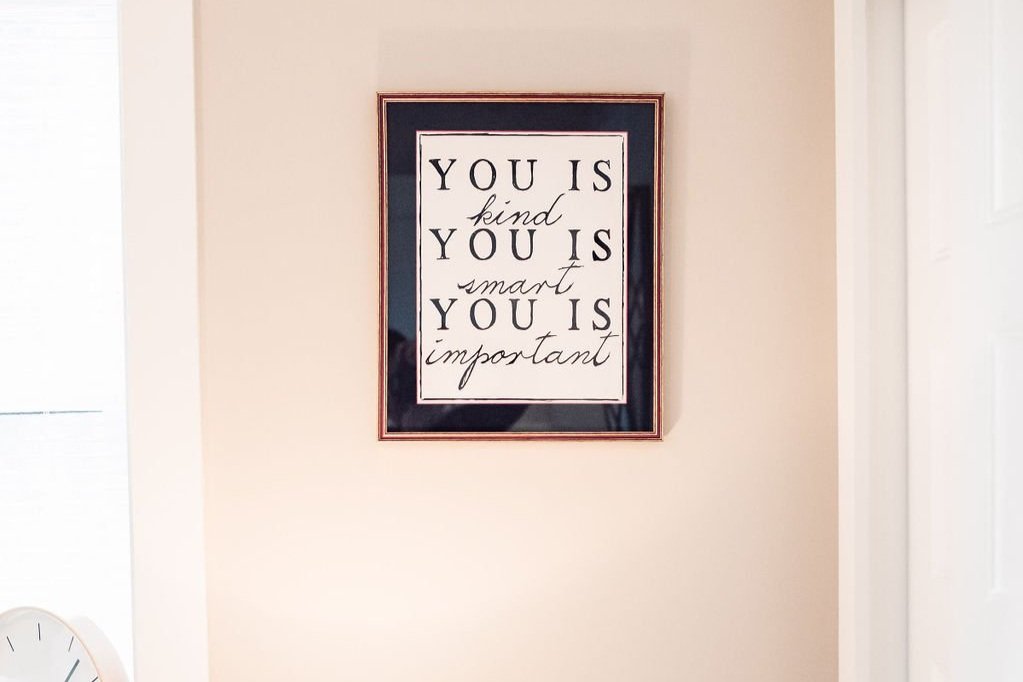Finding Alignment in the New Year
This is the time of year that everyone is talking about resolutions, but the black and white nature of making and keeping a resolution feels harsh. We don’t want you to be set up for failure, and instead want you to hold yourself with love and warmth. If this is a time of self-reflection and you are desiring change or growth, then we want to support you.
Self-growth can be seen as having a continuous dialogue with yourself, checking in with your feelings and thoughts, and finding alignment. Alignment is when you feel that everything in your life reflects and is supportive of your values and how you want to be in your relationships with yourself, others and the world.
Here is a way for you to check in with yourself and questions that may help you figure out what changes can be made to bring yourself into better alignment. Remember, alignment is about who YOU are, how YOU feel, and what YOU care about. It is not what others might say.
Take an inventory of your relationships - your relationship with yourself, your primary relationship, relationships with children, relationships with family of origin/extended family, relationships with friends, work relationships, etc.
How do I feel in each of these relationships?
Are there needs or desires I have that I haven’t voiced?
Have I been true to myself if something feels bad or has hurt me?
Has there been repair when I’ve been hurt or have hurt someone else?
Have I been treated respectfully, thoughtfully, and with care?
Have I treated others with respect, thought, and care?
Are there things I need to change or need others to change in order to keep the relationship?
Are there relationships in which I feel I’m working too hard to keep them?
Are there relationships in which I desire better boundaries? If so, how do I want to go about them?
Sometimes there are big changes that you discover you desire to make – and that can be scary. Here are a few examples of situations you may notice in your life when taking this inventory:
Your narcissistic boss:
You notice you’re being taken advantage of and gaslighted by your narcissistic boss. You decide to stay in the job, but now you want to learn to have better boundaries in a relationship in which it’s very difficult to have boundaries. You can’t not answer the phone when they call, not be around them, etc. You can work on focusing on a lot of self-care and exercising internal boundaries – visualizing walls around your heart and mind when your boss is doing what they do.
Your mom’s critical voice in your head:
One way we are unkind to ourselves is by carrying damaging messaging from our childhoods into our adulthood. Noticing and being willing to sit with some of our unkind thoughts about ourselves and then trying to instead meet ourselves with compassion and love, or even just curiosity, is a really powerful way we can shift our relationship with ourselves to be more aligned with how we want to be.
Your “always right” partner:
You don’t have to be a narcissist to behave badly in relationships. One losing strategy is always having to be right. But the person being right often feels good in a more grandiose position in the relationship. This means that the partner on the receiving end feels bad and often desperate. Any power differential in a relationship will lead to self-misalignment. Implement boundaries, give healthy ultimatums (yes, they exist), and ask your partner to go to therapy with you.
Being able to trust yourself is important and a gift, and it takes a lot of work in order to do this fully. Reading about codependency and narcissism is a really good way to learn about our relationships and to notice things you may not have otherwise. For instance, you know you feel bad when you’re around your boss, but you didn’t realize it's because he’s a narcissist.
And then of course it’s what to do about it in your desire to be more aligned in yourself. We’re here to help!
Resources
Are you feeling triggered and having a hard time figuring out why? Grab our self care check-in to better understand your triggers and how you can take better care of yourself.
Grab our FREE guide below to walk through the common codependent tendencies, where it comes from and why self-compassion is so important.
Grab our list of 9 telltale signs that you might be in a relationship with a narcissist.
Download the worksheet
(where we walk through this exercise step-by-step)






